6 GPTs for Food Assessment Powered by AI for Free of 2026
AI GPTs for Food Assessment are advanced tools that leverage Generative Pre-trained Transformers (GPTs) technology, specifically designed for evaluating, analyzing, and providing insights into various aspects of food and nutrition. These tools are adept at processing and interpreting a wide range of food-related data, making them invaluable in sectors such as food safety, nutrition analysis, culinary arts, and restaurant management. By employing natural language processing and machine learning, these GPTs offer tailored solutions that enhance food assessment tasks, contributing significantly to health, safety, and culinary innovation.
Top 6 GPTs for Food Assessment are: Your Healthiest App,AIR-GPT Fitness Architect & Analyst,ダイエットにこの食べ物大丈夫?,CleanLabel Detective - Food and Cosmetic Analyzer,Paleo Pal,Keto Health Assistant
Your Healthiest App
Empowering Healthier Eating with AI
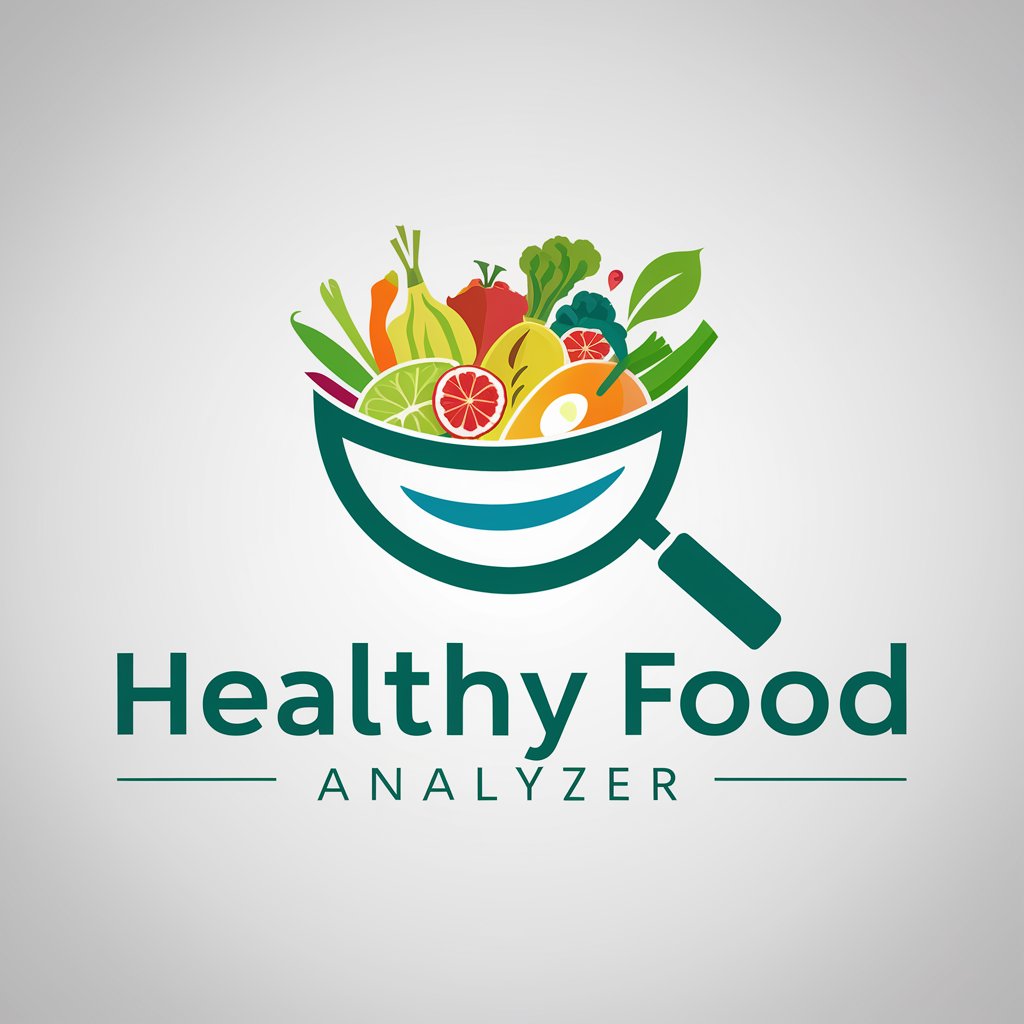
AIR-GPT Fitness Architect & Analyst
Revolutionizing Your Fitness Journey with AI
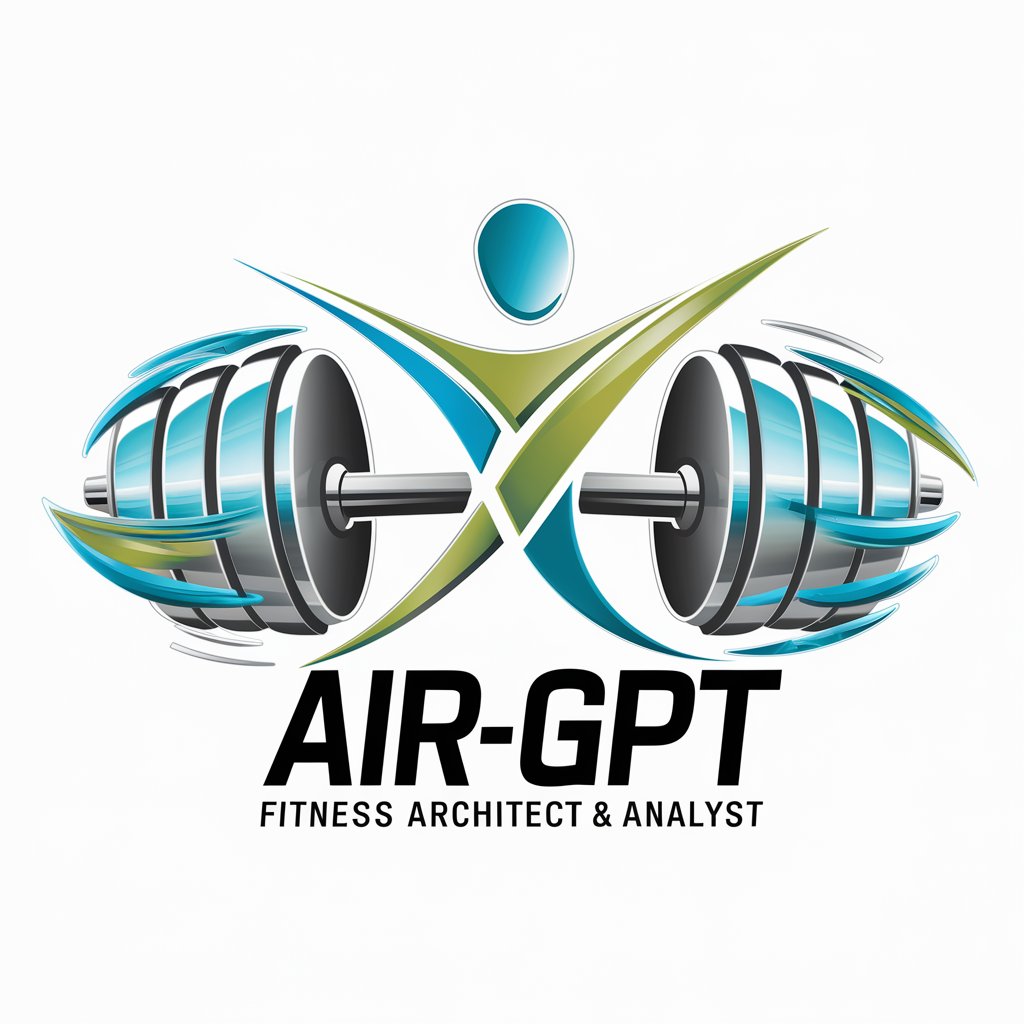
ダイエットにこの食べ物大丈夫?
Optimize Your Diet with AI-Powered Food Insights
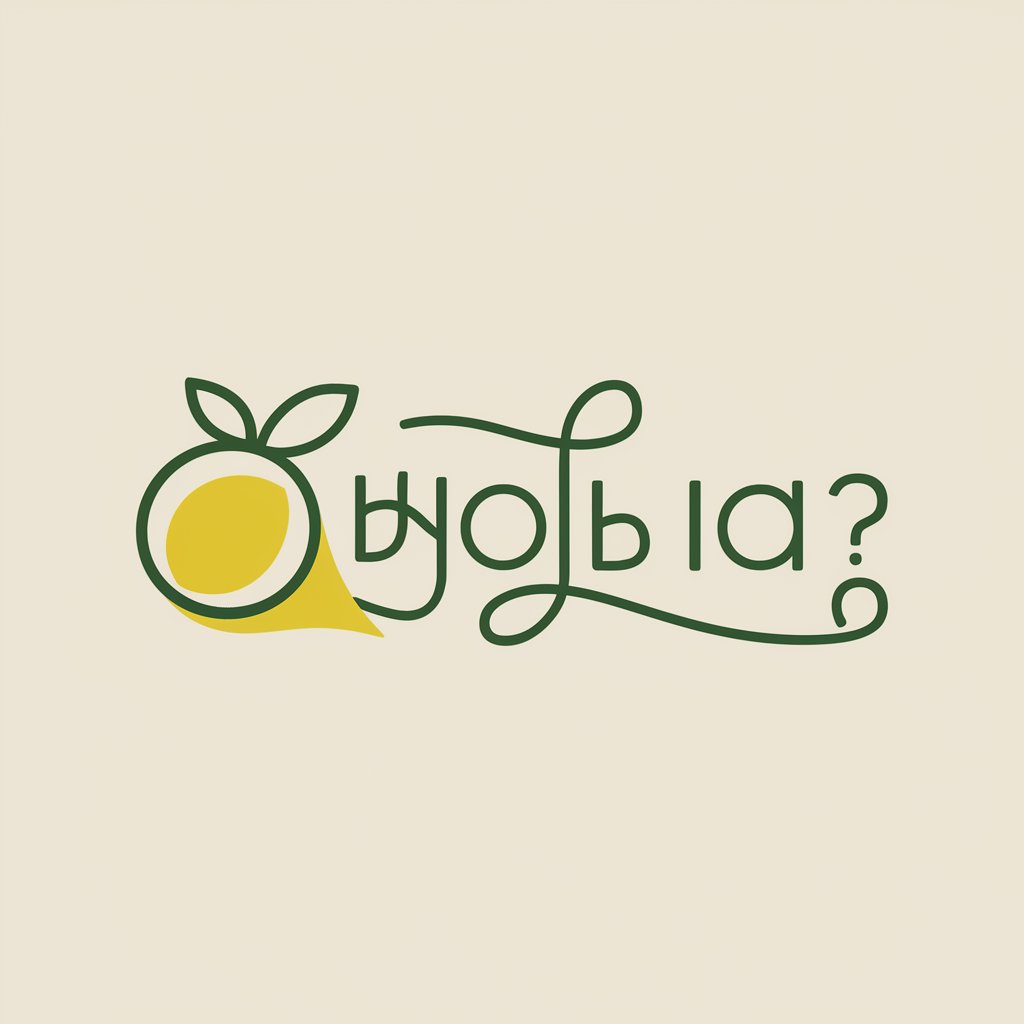
CleanLabel Detective - Food and Cosmetic Analyzer
Empowering safer product choices with AI
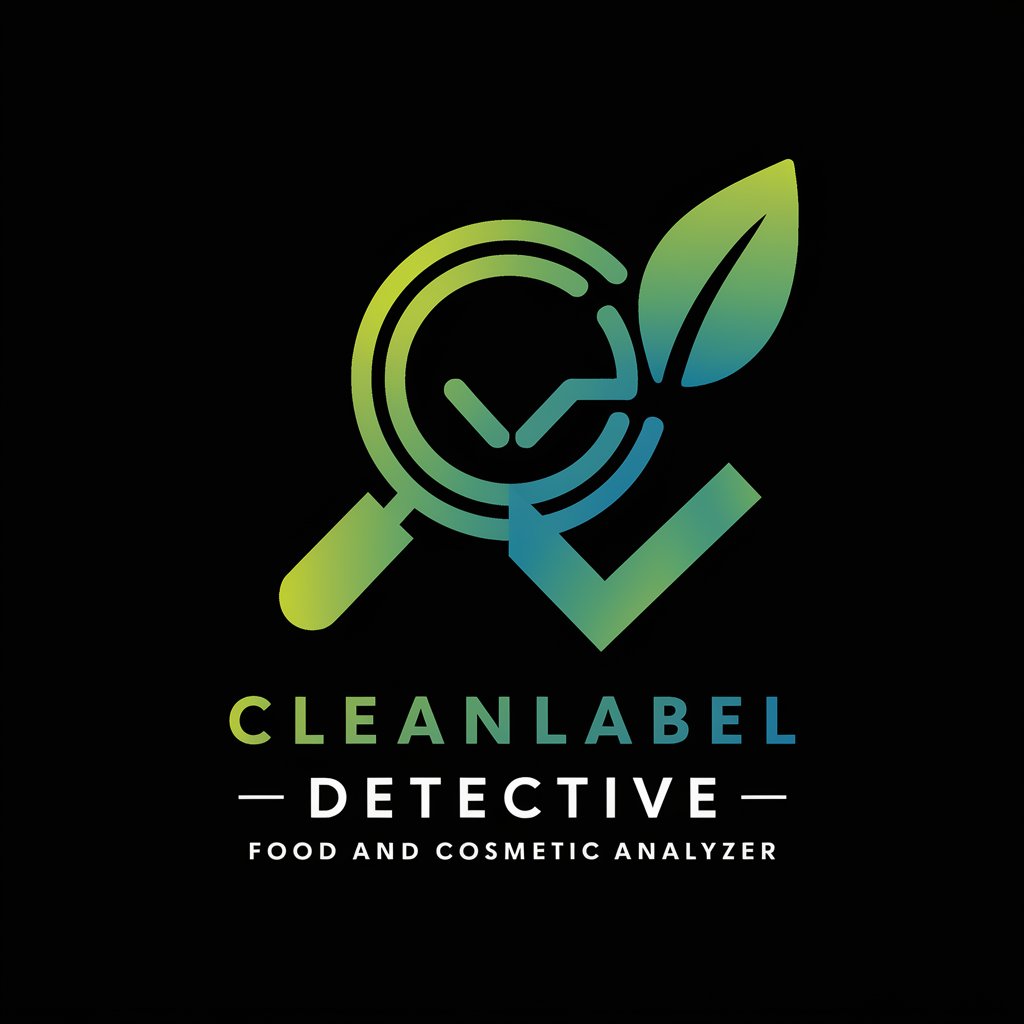
Paleo Pal
AI-Powered Paleo Dietary Guide
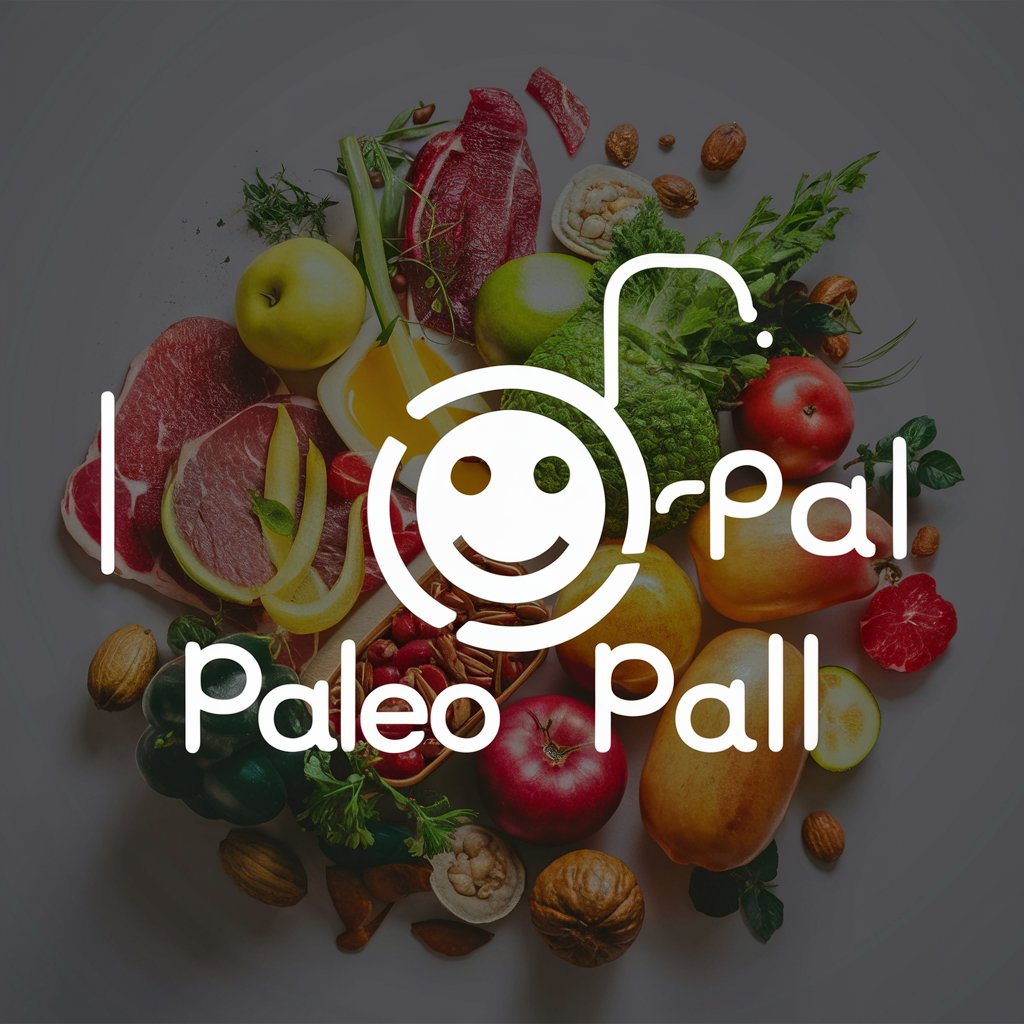
Keto Health Assistant
AI-driven Keto diet assistant
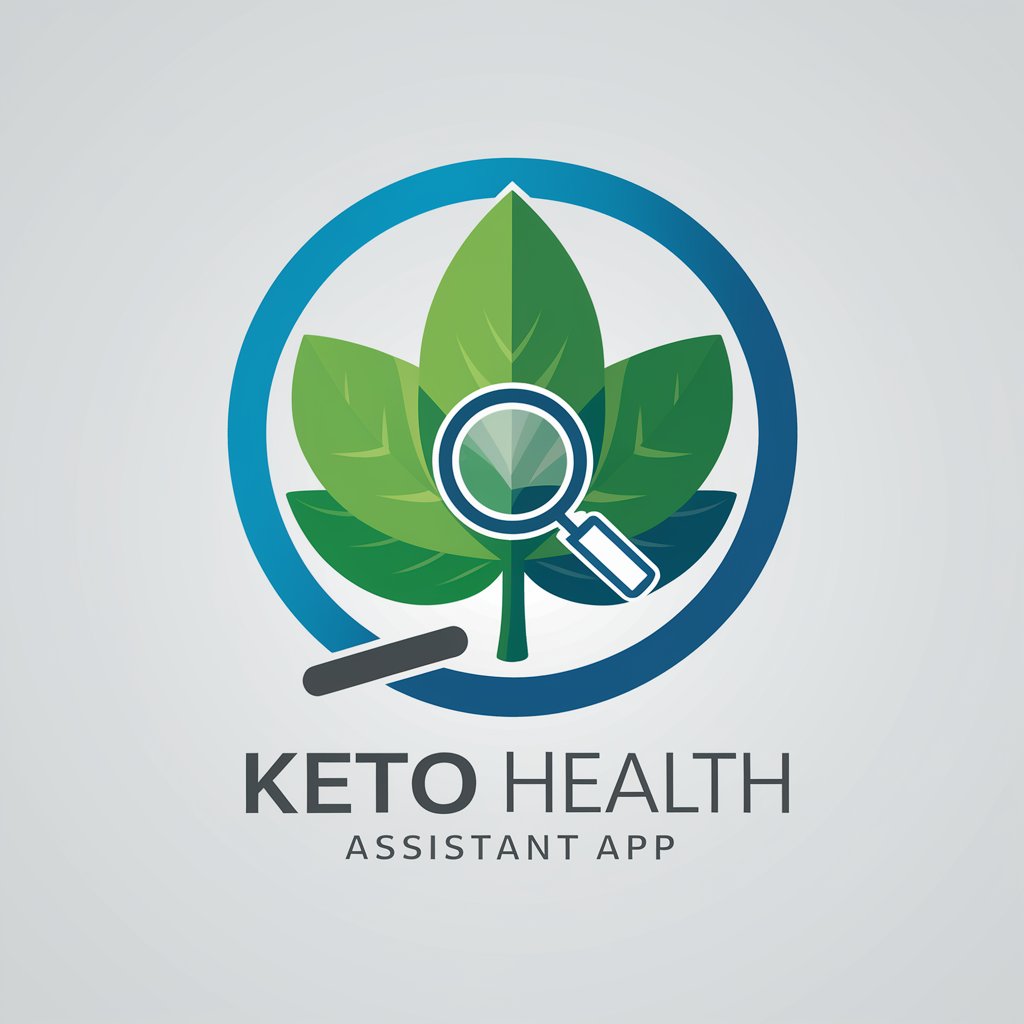
Essential Qualities and Functions of Food Assessment AI
AI GPTs for Food Assessment are equipped with several unique features that set them apart. These include natural language understanding for processing user queries, data analysis capabilities for nutritional and safety evaluations, image recognition for identifying food items and assessing quality, and adaptability to various complexity levels in food-related tasks. Special features may also encompass multilingual support, integration with web resources for real-time data, and the ability to generate creative recipes or food-related content. These capabilities enable the tools to provide comprehensive insights into food quality, safety, and nutritional values.
Who Benefits from Food Assessment AI Tools
AI GPTs for Food Assessment are designed to cater to a broad audience, including culinary enthusiasts, food safety inspectors, nutritionists, dieticians, and professionals in the food and beverage industry. They are particularly beneficial for individuals seeking to enhance their knowledge of food quality and nutrition without requiring advanced technical skills. Moreover, developers and tech-savvy professionals can utilize these tools for more complex applications, including customizing AI responses, integrating AI capabilities into existing systems, or developing new food assessment solutions.
Try Our other AI GPTs tools for Free
Community Feedback
Discover how AI GPT tools transform Community Feedback management with advanced analytics, personalized responses, and seamless integration for enhanced engagement.
Location Research
Discover how AI GPTs revolutionize Location Research with advanced analytics, pattern recognition, and actionable insights in an accessible, user-friendly interface.
Geographical Study
Explore AI GPTs for Geographical Study: your gateway to advanced spatial analysis and environmental modeling, tailored for both experts and novices in geography.
Custom Drinks
Discover how AI GPTs for Custom Drinks revolutionize beverage creation, offering personalized, innovative recipes and insights for enthusiasts and professionals alike.
Seasonal Recommendations
Discover how AI GPTs for Seasonal Recommendations transform decision-making with real-time, data-driven insights tailored to seasonal trends and market demands.
Drink Visualization
Discover the power of AI GPTs for Drink Visualization: innovative tools designed to transform your beverage insights and presentations with cutting-edge AI technology.
Extended Perspectives on Food Assessment AI
AI GPTs for Food Assessment are at the forefront of revolutionizing how we understand and interact with food. These tools not only offer practical solutions for current needs but also adapt to emerging trends and technologies, ensuring their relevance and utility in future food assessment practices. Their integration into existing systems simplifies complex assessments, making them more accessible and user-friendly, thereby enhancing decision-making processes in food-related sectors.
Frequently Asked Questions
What exactly is AI GPT for Food Assessment?
It refers to the application of Generative Pre-trained Transformers in assessing, analyzing, and providing insights on food-related data for various purposes including safety, nutrition, and culinary innovation.
How can AI GPTs improve food safety and nutrition analysis?
By analyzing vast amounts of data, these AI tools can identify potential safety hazards, evaluate nutritional content, and suggest improvements or alternatives, thereby enhancing food safety and nutrition.
Can non-technical users utilize these AI tools effectively?
Yes, these tools are designed with user-friendly interfaces that allow non-technical users to access advanced food assessment capabilities without needing programming skills.
Are there customization options for developers?
Absolutely. Developers can access APIs and programming interfaces to customize the AI's functionality, integrate it with other systems, or develop new applications.
What types of food-related tasks can these AI tools handle?
From nutritional analysis and food safety inspections to recipe generation and food trend analysis, these AI tools can handle a broad spectrum of tasks.
How does AI GPT for Food Assessment handle different languages?
These tools often include multilingual support, enabling them to process and generate information in various languages, thus catering to a global audience.
Can these AI tools integrate with existing food management systems?
Yes, through APIs and customizable interfaces, these AI tools can be integrated with existing food management, safety, and nutritional analysis systems.
What future developments can we expect in AI GPTs for Food Assessment?
Future advancements may include more sophisticated data analysis techniques, improved natural language understanding for better user interactions, and enhanced image recognition capabilities for more accurate food assessment.